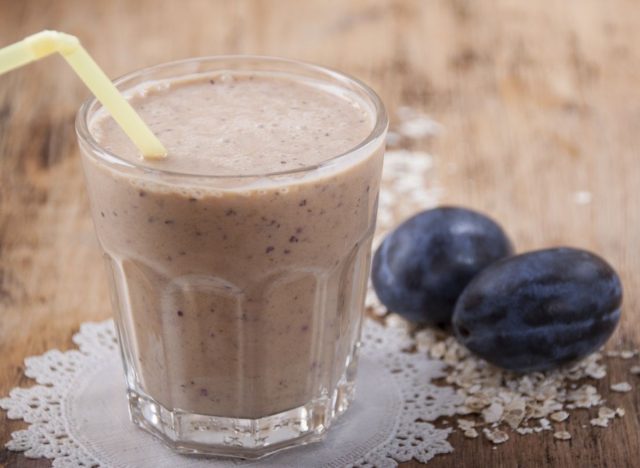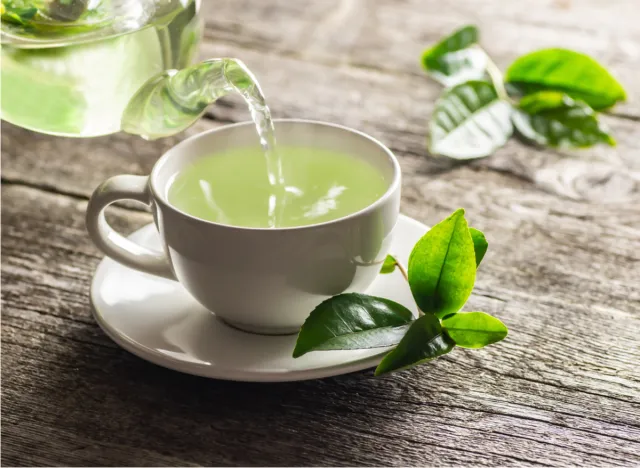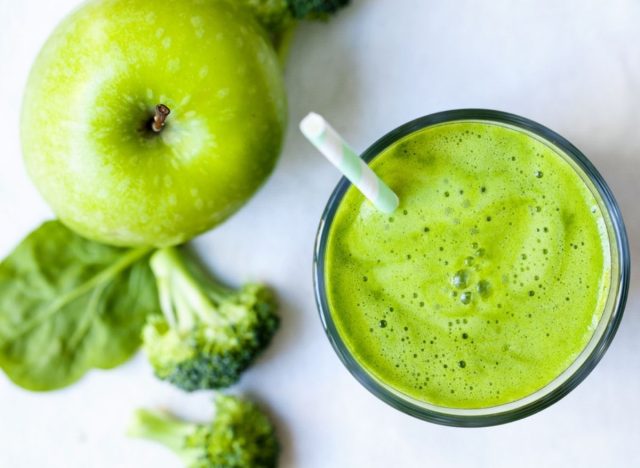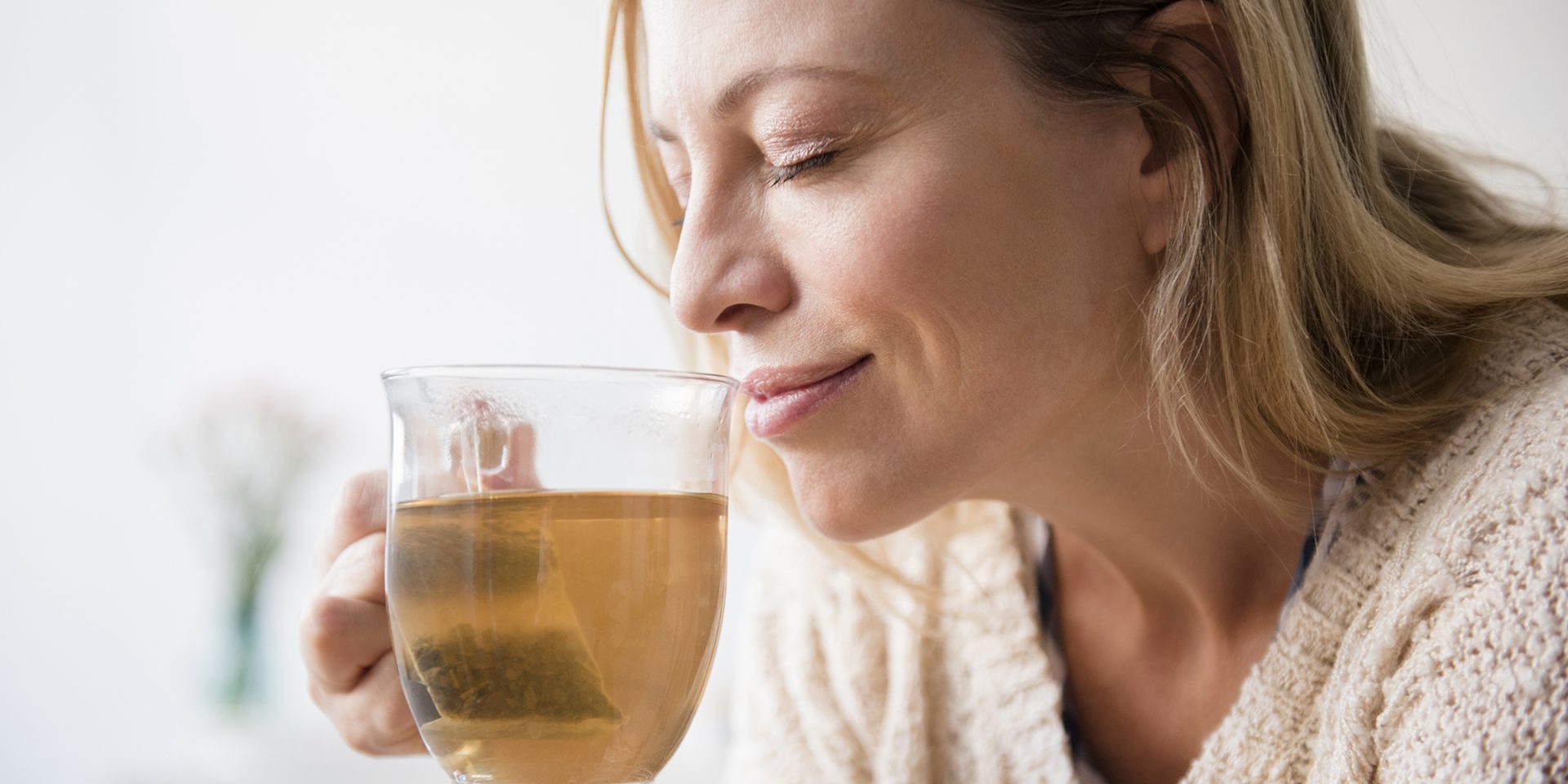While lactose intolerance rules out dairy consumption for some people, plant-based beverages are here to save the day… and our bones!
With most of us growing up with the belief that dairy was needed to keep our bones strong as we age, the misconception has been corrected after multiple studies have proven that, in fact, many people are lactose intolerant, though to varying degrees. So what are the alternatives if we want to maintain healthy bones well into our senior years?
The main nutrients that are crucial for strong bones include calcium, vitamin D, magnesium, vitamin K, phosphorus, boron, vitamin C, and potassium. For the most part, a well-balanced and diverse diet can give you all the good stuff for your bones’ needs – especially common foods such as fruits, vegetables, pulses, nuts, seeds, and lean proteins – but you may have to put a little more effort in your diet in as you age.
Dietitians explain that your calcium intake goes from a maintenance level of 1,000 IU (international unit) per day when you’re under 50 years old to at least 1,200 IU per day for women, and 1,000-1,200 IU per day for men over 50 years old. Luckily, one of the easiest ways to get all your bone-strengthening calcium needs is to drink it!
Here are four of the best drinks you can have daily to ensure stronger bones as you age.
1. PRUNE SMOOTHIES
Prunes contain nutrients like vitamin K, phosphorus, boron, and potassium that all work in unison to help support your body’s bone structure and protect your bones from breaking down as you age. Research continues to show that they help support healthy bones in men and women and that eating five to six prunes each day may help to prevent bone loss.

A prune smoothie will be the most beneficial for strengthening your bones if you use whole prunes instead of prune juice. By adding prunes into your smoothies you can also enjoy their natural sweetness without any need for added sugar, which weakens the bones.
2. GREEN TEA
Another easy drink to sip on that fuels strong bones is green tea. In fact, due to its potent antioxidants and other compounds that reduce oxidative stress, this reason is why the hot beverage has been linked to the prevention of age-related bone loss.

Dietitians believe that green tea’s bioactive components might lower the risk of fracture by improving bone mineral density (BMD) and supporting bone growth. One study, in particular, found that women’s bone mineral density (BMD) drastically decreases in the first three to five years immediately following menopause. This is another reason why it’s important to pay close attention to your body’s needs and incorporate as many drinks – like green tea – into a daily routine as you get older.
Green tea also contains fluoride, which is needed for strong bones and helps to slow the progression of osteoporosis, a condition where the body’s bones become weak, brittle, and vulnerable to fracture.
3. GREEN JUICES
If you’re not getting enough greens in your diet, then drinking them might be the way to go. Not only do leafy greens serve your body’s daily necessities – like vitamins, minerals, and fibre – there are also many greens that can contribute to a healthy and strong bone structure.

For starters, make sure your green juice contains a lot of solid green veggies (such as cucumbers, cilantro, romaine lettuce, kale, and celery) that can provide the body’s bones with plant-based calcium for bone building.
The greens commonly found in green juices are rich in vitamin C, which helps in forming collagen to further strengthen your bones. Green veggies are also rich in vitamin K, which has a big role in strengthening bone and boosting bone formation, which means it helps to strengthen the bone matrix.
4. KEFIR
Kefir is a probiotic, fermented drink that is traditionally made by adding kefir grains to either cow’s milk or goat’s milk. While kefir can be made dairy-free with alternatives such as coconut water or coconut milk, they will not offer the same nutritious benefits as dairy-based kefir.
This grain-based beverage has been shown to improve bone mineral density and given that a one-cup serving contains numerous bone-building superstars such as 9 grams of protein, 25% of the DV (daily value) for calcium and 20% of the DV for phosphorus, as well as vitamin D (12% of DV).
"ExpatGo welcomes and encourages comments, input, and divergent opinions. However, we kindly request that you use suitable language in your comments, and refrain from any sort of personal attack, hate speech, or disparaging rhetoric. Comments not in line with this are subject to removal from the site. "



















